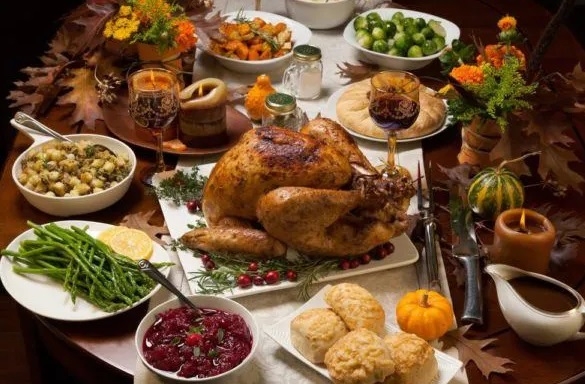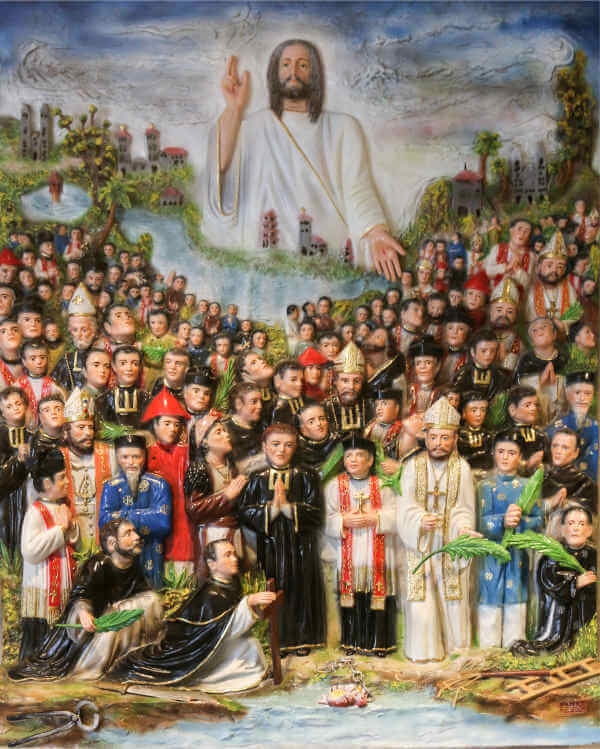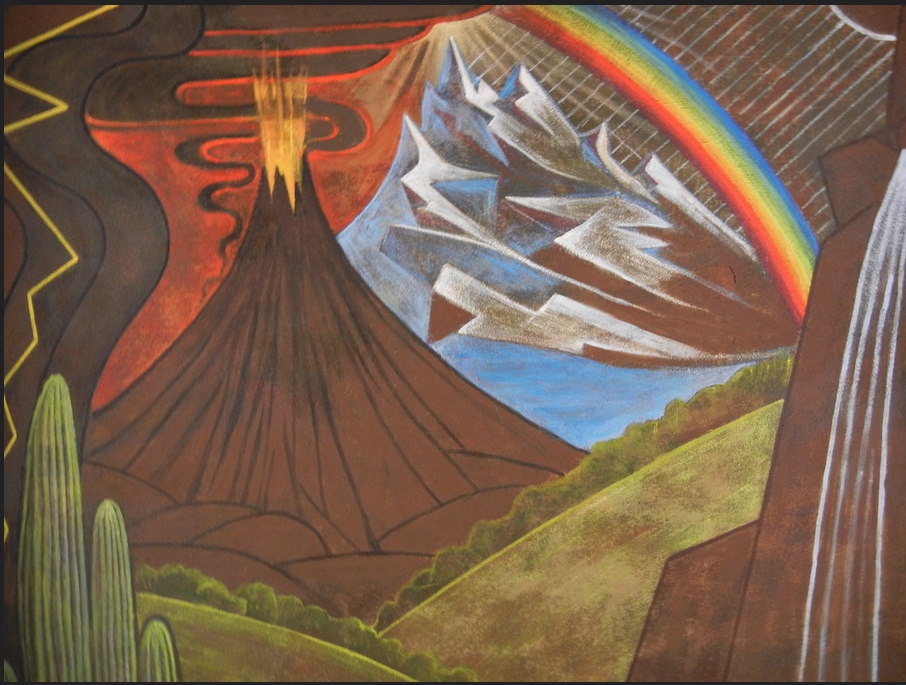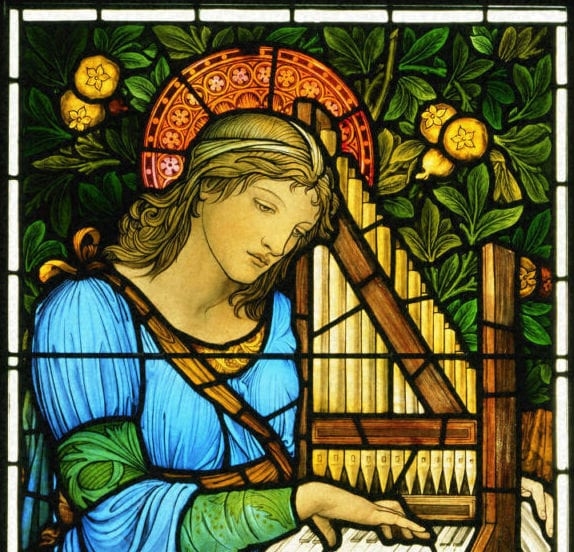These reflections are a result of more than 40 years of ministry as a Roman Catholic priest. Most of these years I spent in the Diocese of Charlotte which covers Western North Carolina. Now I am retired, and live in Medellín, Colombia where I continue to serve as a priest in the Archdiocese of Medellín.

Jesus said to his disciples: “Heaven and earth will pass away, but my words will not pass away.” (Lk 21:29-33)
https://bible.usccb.org/bible/readings/112621.cfm
Black Friday is upon us! We also have Black Friday here in Colombia even though we don’t have Thanksgiving Day the day before. Perhaps, as the retail world celebrates the beginning of the Christmas shopping season, we need to stay focused on the things that matter, the things that don't pass away: faith, family and friends. Faith reminds us that we find God in the poor and needy. Family calls us to spend quality time with those who put up with us no matter what. Friendship extends our family infinitely to embrace the whole world.

And one of them, realizing he had been healed, returned, glorifying God in a loud voice; and he fell at the feet of Jesus and thanked him. He was a Samaritan.
Jesus said in reply, “Ten were cleansed, were they not? Where are the other nine? Has none but this foreigner returned to give thanks to God?”
Then he said to him, “Stand up and go; your faith has saved you.” (Lk 17:11-19)
https://bible.usccb.org/bible/readings/112521-thanksgiving.cfm
For many folks Thanksgiving Day marks the beginning of the Christmas Season. My mother loved Thanksgiving and Christmas. She always began the season by watching Truman Capote’s A Christmas Memory with Geraldine Page.

Then Daniel was brought into the presence of the king.
The king asked him, “Are you the Daniel, the Jewish exile,
whom my father, the king, brought from Judah? (Dn 5:1-6,13-14,16-17,23-28)
https://bible.usccb.org/bible/readings/112421.cfm
Growing up in the Baptist church we were told: Dare to be a Daniel. The story of Daniel, like like the stories from the Books of Maccabees, urges us to be faithful to God and to the traditions we have received. The Vietnamese martyrs, Saint Andrew and his companions (1625-1886), were faithful even unto death.

Responsorial Psalm (Dan 3)
R. Give glory and eternal praise to him.
“Bless the Lord, all you works of the Lord,
praise and exalt him above all forever.”
R. Give glory and eternal praise to him.
“You heavens, bless the Lord, praise and exalt him above all forever.” R. Give glory and eternal praise to him.
https://bible.usccb.org/bible/readings/112321.cfm
We continue the Hymn of the Three Youths in the Fiery Furnace. The hymn calls on all creation to “bless the Lord.” The question always comes, How do mountains and hills bless the Lord? The answer of course is by existing. If creation and everything in it blesses the Lord . . . then perhaps we can too!

Responsorial Psalm (Dan 3)
R. Glory and praise for ever!
“Blessed are you, O Lord, the God of our fathers,
praiseworthy and exalted above all forever;
And blessed is your holy and glorious name,
praiseworthy and exalted above all for all ages.”
R. Glory and praise for ever!
https://bible.usccb.org/bible/readings/112221.cfm
How fitting on this feast of Saint Cecilia, we sing this beautiful hymn of the Three Youths in the Fiery Furnace! Saint Cecilia is one of the young women martyrs of the early church. Because of the method of her martyrdom she is the patron saint of musicians and choirs.



